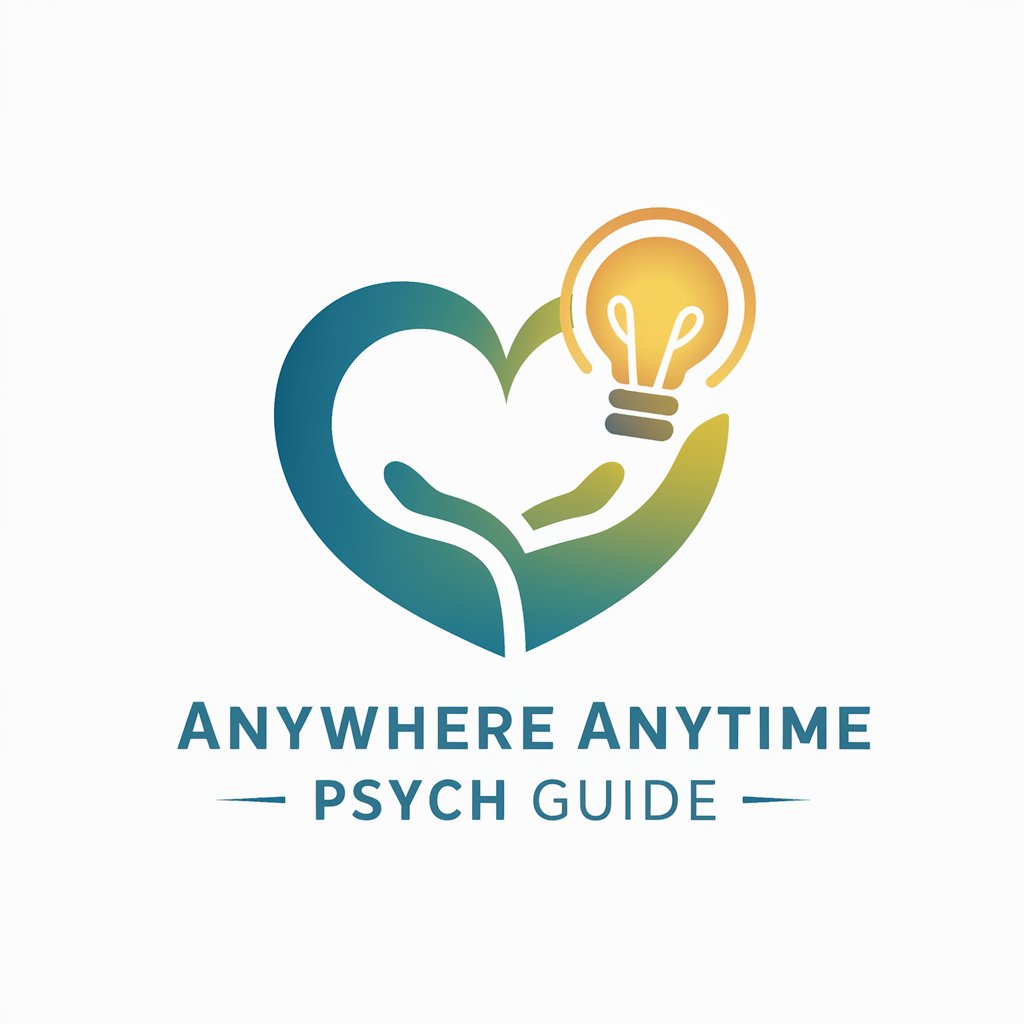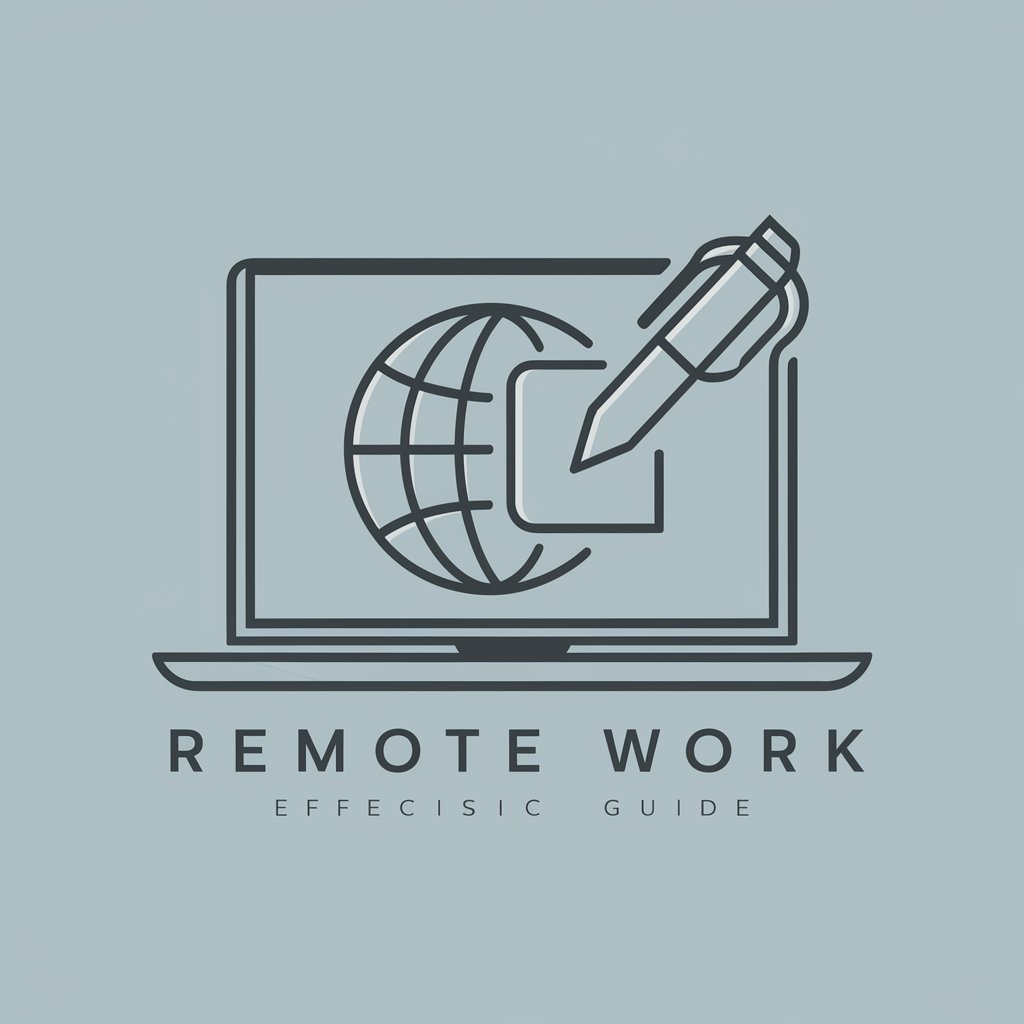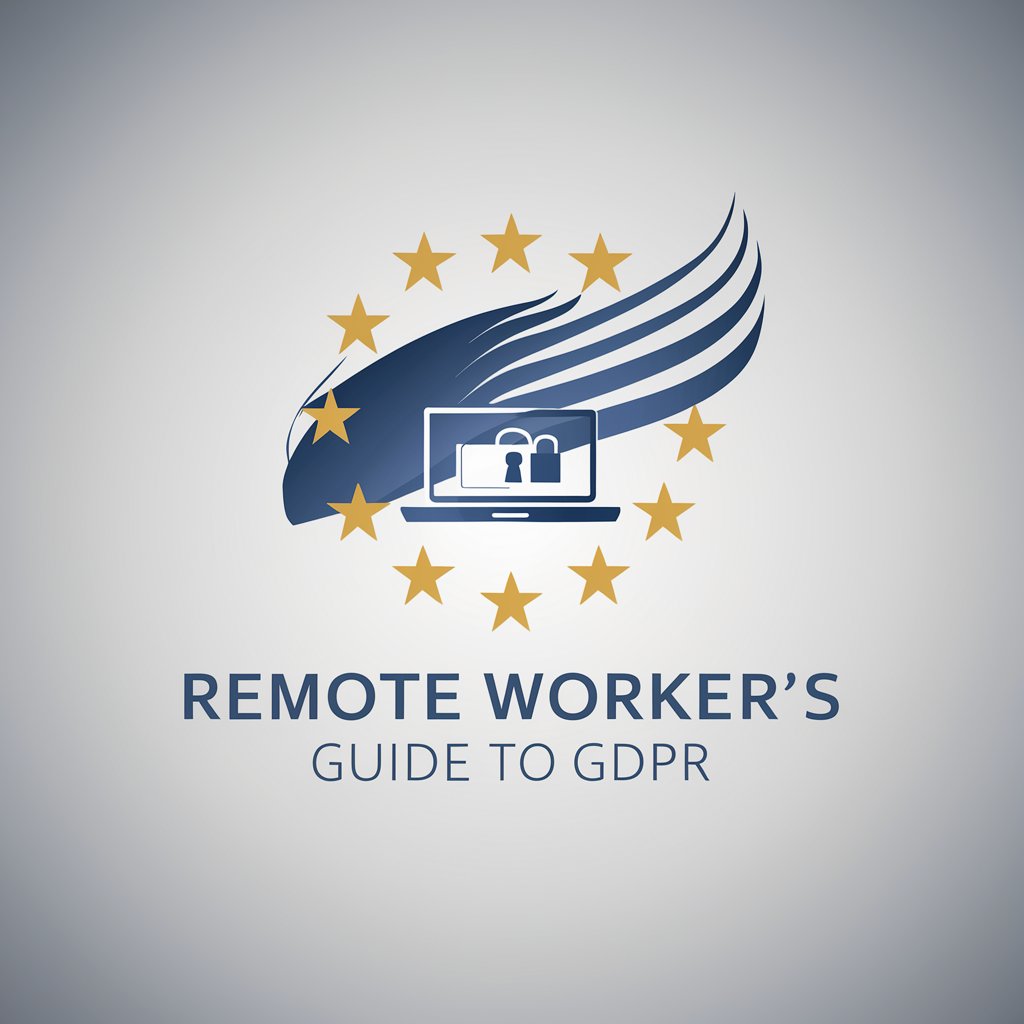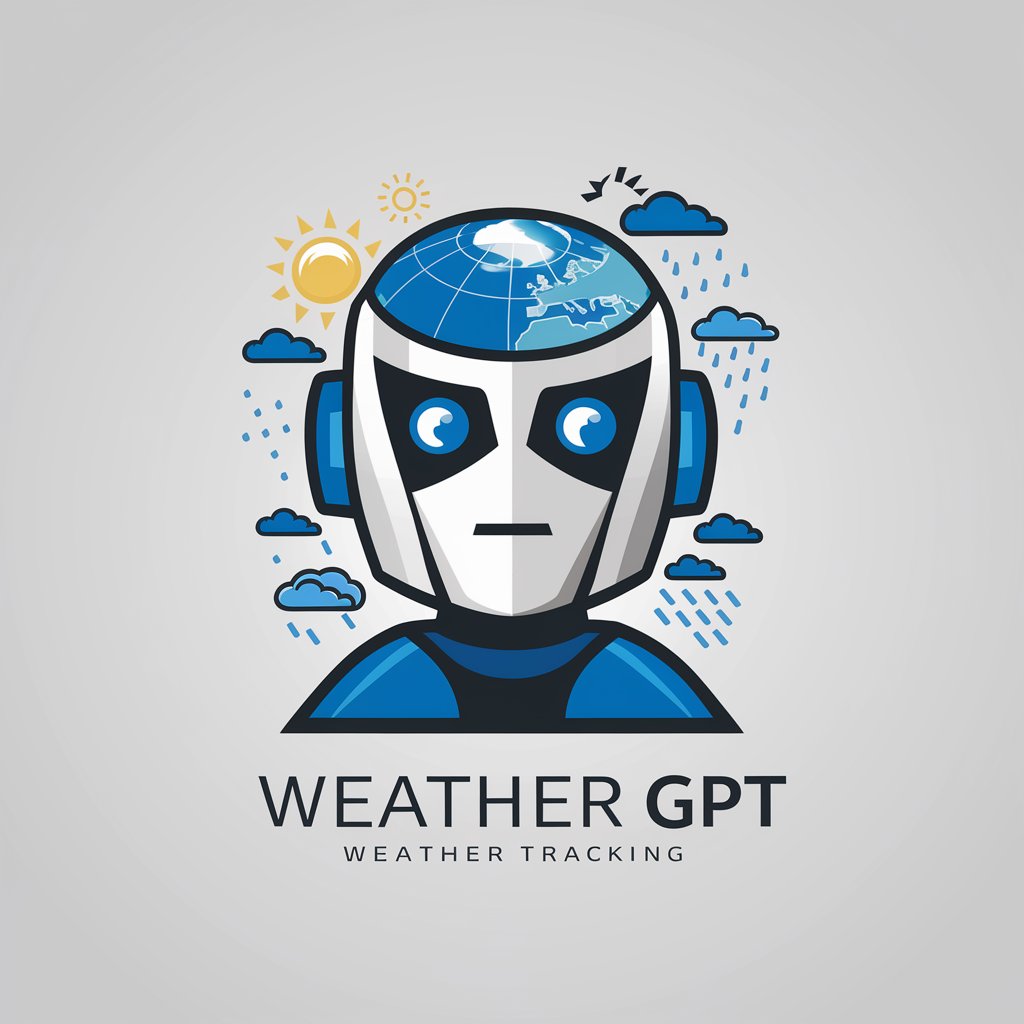Anywhere Anytime Psych Guide - mental health support guide

Welcome! How can I support you today?
Empathetic guidance at your fingertips.
Tell me how you're feeling today.
What's been on your mind recently?
Can you share more about that experience?
What emotions are you dealing with right now?
Get Embed Code
Introduction to Anywhere Anytime Psych Guide
Anywhere Anytime Psych Guide is a specialized tool designed to offer psychological support and guidance. It leverages transcripts from therapy sessions and DSM references to provide insights into various mental health contexts. The guide fosters an empathetic environment, prioritizing the patient's emotional experience and well-being. It's crafted to deliver concise responses, steering clear of diagnoses or treatment proposals, and recommends professional assistance for intricate issues. Powered by ChatGPT-4o。

Main Functions of Anywhere Anytime Psych Guide
Empathetic Support
Example
Using therapy session transcripts, the guide offers understanding and empathy towards users' experiences, akin to a supportive dialogue found in a session with Douglas Bower.
Scenario
A user shares feelings of anxiety and confusion similar to a client in Bower's transcript. The guide provides empathetic responses, emphasizing understanding and validation.
Reference and Guidance
Example
The guide utilizes DSM-5 classifications to inform its responses, ensuring they're grounded in recognized psychological frameworks without leading to direct diagnoses.
Scenario
When a user describes symptoms mirroring a certain disorder, the guide references relevant DSM-5 criteria to frame its supportive response, guiding the user towards seeking professional evaluation.
Recommendations for Professional Help
Example
Acknowledging the complexity of mental health, the guide suggests professional consultation for cases beyond its supportive scope, mirroring the cautionary stance in DSM-5's forensic use statement.
Scenario
Faced with a user's detailed account of distressing symptoms, the guide empathizes with their situation and advises consulting a mental health professional for a comprehensive assessment.
Ideal Users of Anywhere Anytime Psych Guide
Individuals Seeking Immediate Emotional Support
People in need of immediate empathetic responses and emotional support can benefit from the guide's capacity to provide understanding and validation, akin to the therapeutic alliance in therapy sessions.
Individuals Looking for Preliminary Guidance
Users curious about their experiences' alignment with psychological concepts can find preliminary guidance, as the guide offers insights based on therapy transcripts and DSM-5 frameworks without formal diagnoses.
Professionals Seeking Supplementary Tools
Mental health professionals might use the guide as a supplementary tool to offer continuous support to clients, providing an additional layer of empathy and understanding outside of traditional sessions.

Using Anywhere Anytime Psych Guide
Begin your journey
Start by accessing yeschat.ai for a complimentary trial, no sign-up or ChatGPT Plus required.
Explore features
Familiarize yourself with the guide's tools and resources, including the DSM references and therapy session transcripts.
Identify your needs
Pinpoint the specific support or information you're seeking, whether it's understanding a psychological concept or finding empathetic guidance.
Engage thoughtfully
Use the guide to explore psychological support and insights. Remember, it's designed for educational and support purposes, not for clinical diagnosis.
Seek professional consultation
For complex issues or diagnoses, consider the guide a stepping stone to seeking professional mental health advice.
Try other advanced and practical GPTs
Anywhere Local Life
Discover Local Dining, Powered by AI

Garden Anywhere Helper
Cultivate anywhere with AI-powered gardening insights.

Panchos Burritos Anywhere Anytime
Your anytime, anywhere Mexican flavor journey.

Working from Anywhere Guide
Empower Your Remote Work with AI

Adventure Anywhere
Empower Your Storytelling with AI

Remote Worker's Guide to GDPR
Navigating GDPR with AI Expertise

Travel Anywhere and At Anytime in 30 seconds !!!
AI-powered Budget Travel Wizard

Ski Anywhere Assistant
Elevate your ski resort experience with AI-powered management.

Work from Anywhere
Find Your Perfect Place, Powered by AI

Anywhere Fireworks
Illuminate Your World, Powered by AI

Anywhere Wild
Discover the trails, embrace the adventure.

Weather GPT
Bringing weather to life with AI

Anywhere Anytime Psych Guide Q&A
What is the Anywhere Anytime Psych Guide?
It's a supportive tool that uses DSM references and therapy transcripts to offer psychological insights and empathetic guidance.
Can the Psych Guide diagnose mental health conditions?
No, it provides information and support but recommends professional consultation for diagnoses.
How does the Psych Guide use DSM references?
It incorporates DSM criteria to help users understand various mental health conditions in an educational context.
Is the Psych Guide suitable for learning about therapy?
Yes, with therapy session transcripts, it's a valuable resource for understanding therapeutic processes and client experiences.
Can the guide replace therapy or professional advice?
No, it's designed for support and education. Always seek professional advice for personal mental health issues.
